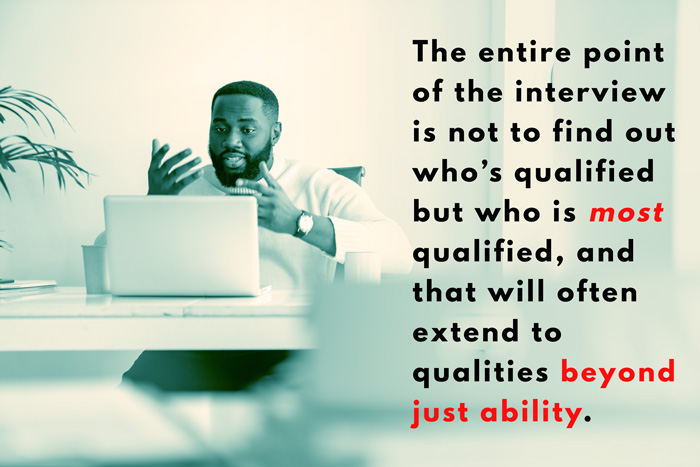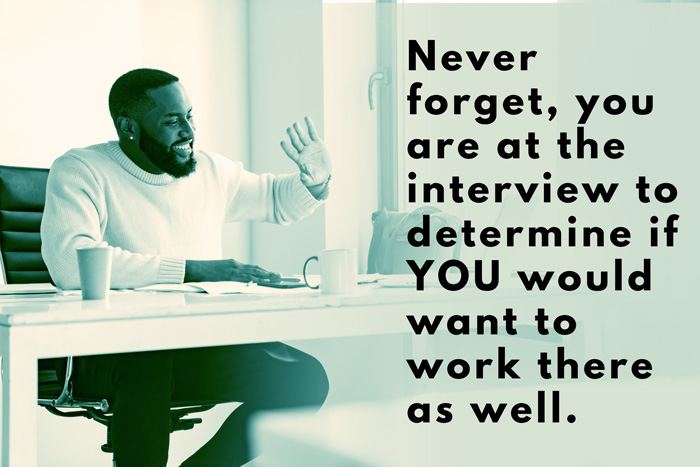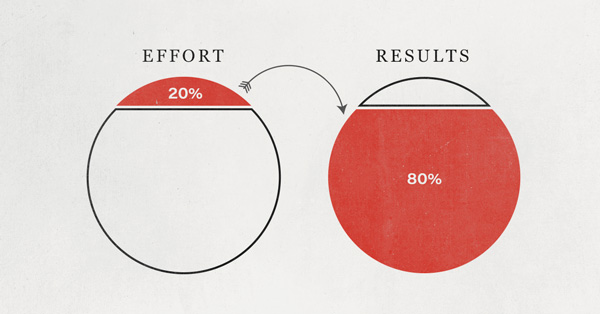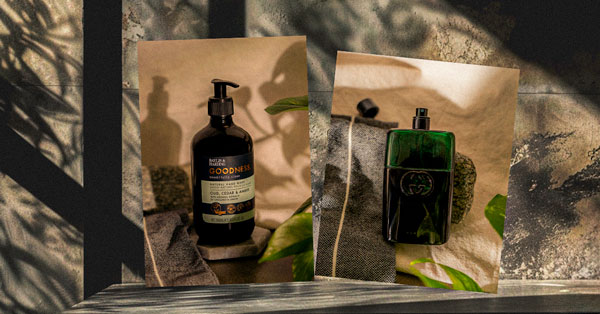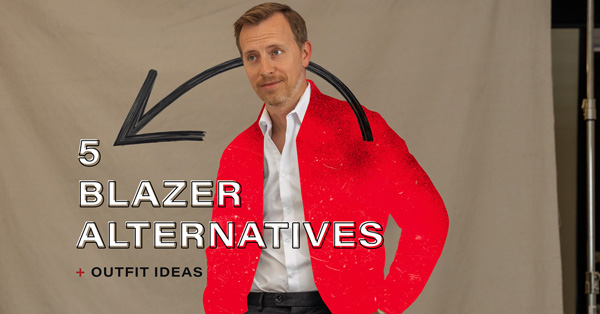“So, do you have any questions for us?”
There are few words that can strike more panic into the heart of a job-seeker. Suddenly, the pressure is on you to lead the discussion, and with every passing second the figures across the table (who have the same, stony scowls favored by inquisition judges) are becoming more and more impatient.
This is without a doubt one of the most intimidating parts of the hiring process – and believe me, I’d know. As a vocational case manager, I’ve run mock interviews well into the triple digits, and I’ve yet to find a student who hasn’t struggled with this aspect. But as daunting as it can be having questions for the interviewer isn’t just helpful, it’s absolutely vital. The interview is being placed in your hands, giving you the opportunity to discuss whatever you want. This opportunity is essential to getting the job offer and too often prospective employees fail to take advantage of it. Worse yet, they’ll ask questions, but still waste their chance by not knowing why.
Even the most commonly asked questions are only effective when they’re used the right way. It’s important not to just parrot them (blankly asking “Over the next quarter, what’s the top priority for this position?” just comes across as rehearsed, if not creepily robotic) but to really understand how to use them to your advantage.
“What are you looking for in this position?”
At first glance, that might look like a stupid question. After all, hasn’t the employer already listed what they’re looking for in the job ad?
Absolutely not.
It’s important to understand that the job ad is merely the measure the employer uses to sift out the qualified from the unqualified. These skills and abilities are required simply to land the interview, not the job itself. Indeed, the entire point of the interview is not to find out who’s qualified but who is most qualified, and that will often extend to qualities beyond just ability.
Asking this question will get the employer to show their hand, prompting them to disclose what they’re actually looking for. At the end of the day anybody can be taught how to operate a forklift, use a multiline phone, or stock shelves – it’s attitude and mentality which determine who gets the job. The employer might say “Well, we’re looking for someone who can really multitask,” or “We’re looking for someone who can keep things organized.” This is your chance to jump back in with an example of how you meet those exact qualifications.
“What should an employee be doing to really stand out?”
Here’s another trick to get the employer to provide you with invaluable inside information. Getting them to talk about the specific metrics they’ll be using to evaluate interviewees will give you another chance to describe how you intend to meet those exact standards. The simple truth is that the standards of success will vary from company to company just as much as the qualities they look for in an employee. Whether it’s superb paperwork, interaction with the client, timeliness, efficiency, or ingenuity, you have to show that you can excel in that specific area.
“What’s the environment like here?”
While you’re going to want to avoid the tired old “what’s your company culture?” question, getting a real feel for the atmosphere is crucial. Remember that everyone who they’ve called in for the interview has generally the same qualifications, and what they’re often looking for isn’t a stellar work history or an amazing set of credentials, but someone who they can stand being around for 8+ hours a day. Make sure you get them to talk about the team dynamic – is it casual or formal? Competitive or cooperative? Fast-paced or laid-back? Regardless of their answer, be sure to cite how you’ll fit in perfectly, or better yet, what you’ll be able to add.
Never forget, you are at the interview to determine if YOU would want to work there as well. Being in a situation where you have to take any job that’s offered to you isn’t a strong place to be, and it can easily result in an unhappy work-life.
“What would an average day here look like?”
Any salesman will tell you that the key to selling something is getting the buyer to see themselves with that product. Sitting in that car, living in that house, or wearing that suit. By asking the interviewer to describe what you’d be doing – even if it’s just them saying “you’d be taking care of X, Y, and Z” – you’re forcing them to visualize you in that position. The more they visualize it, the more real it becomes, and the easier it becomes for them to offer you the position. An equally good route to take is to ask who you’d be working with or who you’d be reporting to, which will again get them to envision you being in those scenarios.
“How did you get started here?”
One of the best tactics to use is to try to transform the interview into a conversation. Breaking down the formality of the situation will not only make the whole process easier, but will help the interviewer see you as an equal (which, as above, will help them imagine you as co-workers). You’re also given the chance to make the interviewer more sympathetic to your own situation. Regardless of how much experience they might have now, prompting them to remember their first days on the job will remind them of what it’s like to get started. Chances are, they were just as nervous as you are, or had just as little experience. You’re not here to ask for pity, but any sympathy you can get will go a long way.
“What’s the best thing about working here?”
It’s important to get (and keep) the interviewer in a positive mood, and asking them to talk about their favorite parts of the job will do just that. As nerve-wracking as the interview can be for you, it’s probably no picnic for the interviewer either. Getting them to think about the good times will help relax them, improve their mood, and make them more receptive to you. If you can, ask follow up questions based on what the interviewer originally responds with – keep them focused on the best aspects of the position.
“What’s the most challenging part of the job?”
While you want to make the interview as pleasant as possible for the folks across the table, it’s just as important to show you can handle the tough times. Asking about the more difficult aspects of the job is crucial, as it will give you a chance to prove you’re up to the challenge. Whether it’s limited resources, angry customers, brutal deadlines, or just the daily grind, you have to show that you’ve survived worse and still came back the next day with just as much enthusiasm and effort. Even if the only thing you can say is that you knuckled down and got through it, that will still demonstrate that you can take it on the nose with the best of ‘em. Didn’t matter if it was 117 degrees in the shade and half the crew called in sick – you still did your job with a strong back and willing spirit.
“Just out of curiosity, how would you have answered this question you asked?”
Feel like you’ve botched one of their questions? Well, here’s your chance to redeem yourself. Getting the interviewer to offer an opinion on how one of their own questions should’ve been answered gives you a chance to jump back in and explain or redefine your original response. It might not be a get-of-jail-free card, but it will definitely provide you with the chance to save much needed face if the situation requires it.
“Could you tell me some of the things you’d be expecting me to learn in the next year?”
Few things are more important to prove to the employer than your ability to grow with the company. An employee is, ultimately, an investment – someone who’ll be expected to evolve with the needs of the organization, the technology used, and the market. Indeed, many companies will actually make a conscious effort to hire someone with less experience, if only for the prospect of their adaptability. Respond to this question with how you intend to develop yourself – even if it’s on your own time and your own dime.
“When can I expect a call back from you?” & “If I haven’t heard from you by then, may I give you a call?”
Always, always, always, always, always, always ask these two questions.
Not “did I get the job?”, not “so when do I start?” These questions come across as respectively desperate and presumptuous. If you want to avoid spinning your wheels while you wait by the phone in suspense, make sure you leave the interview with a clear, concrete timeline. Ideally you should try to get the interviewer to provide you with a business card, allowing you to contact them directly (and spare you from getting bounced from department to department when you do call back). A specific point of contact will also give you an opportunity to send a letter thanking them for the opportunity. Even a gesture as small as that can give you an advantage in a tight competition, and in the event that you don’t get the job, still leave you on good terms.
Creating Your Own Questions to Ask at a Job Interview
Ultimately, the questions that you’re going to find yourself asking will vary from situation to situation, and it’s important that you be able to come up with your own. Keep these simple rules in mind for effective, creative questions that will be sure to impress the interviewer:
- Avoid asking questions which will elicit any negative responses. Asking how this position became vacant, for example, might bring up an awkward pause in the event that your predecessor was terminated. On that note…
- Always try to keep the interview positive. Remember that the interview is a chance for you to model the professionalism and attitude you intend to bring to the position. If you can make the interviewer enjoy their time with you and see that you can find solutions, rather than problems, you’re all the more likely to get the job (even over someone with more qualifications).
- Whenever possible, try to demonstrate that you’ve done your due diligence in researching the company. Cite the website or, better yet, scour their Facebook page, Twitter feed, or LinkedIn account for information. Though of course:
- Never ask a question that you could have answered yourself by looking at the company website. Asking about basic elements such as the company mission, products, or services will make you come across as lazy or even unappreciative.
- Always ask “what does this question say about me?” You can subtly use questions to influence the interviewer’s perception of you and our abilities. Working in a hazardous job? Ask questions about their safety measures. Want to come across as ambitious? Ask about training programs and professional development opportunities.
Above all else, remember that you are in control here. You get to set the tone, you get to control the content. With some practice and a little creativity, you’ll be able to sell yourself twice-over.




